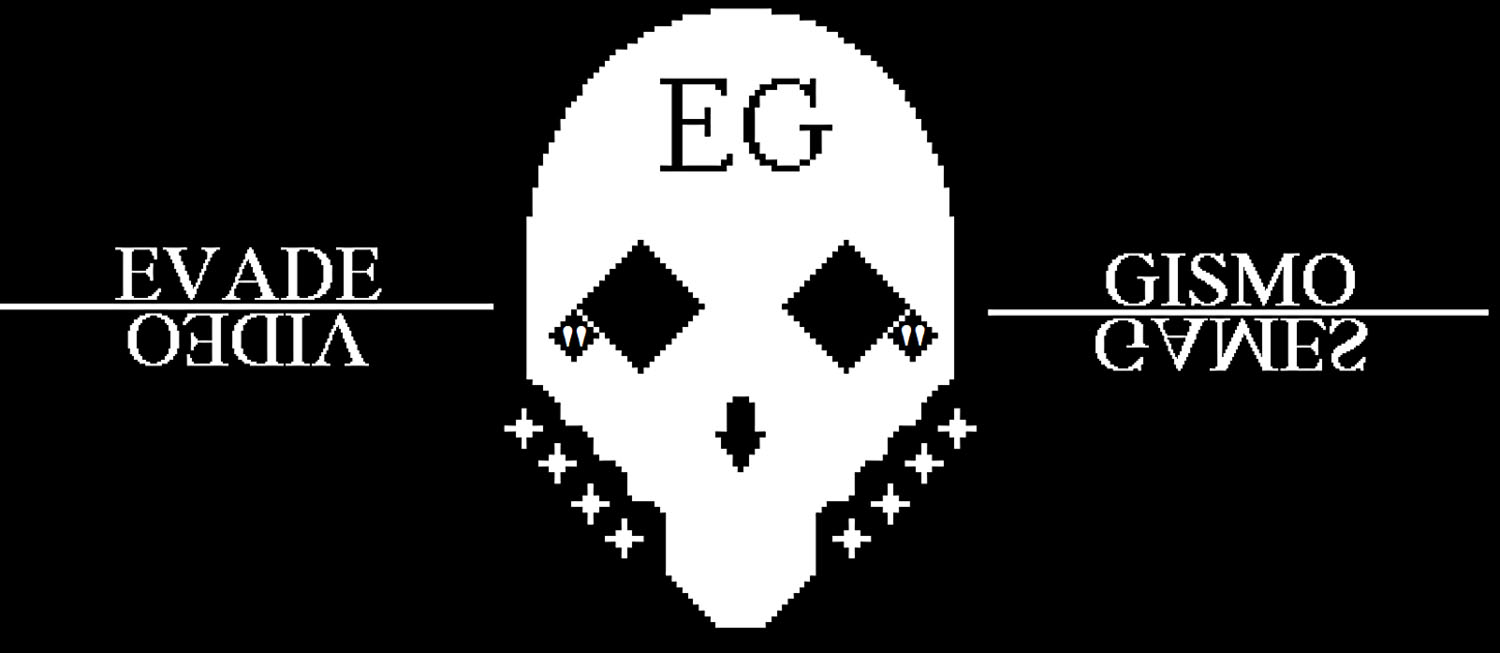THE HERO NO MAN ASKED FOR
/In a Twitter fanfare of regret and apology following three months of social network silence, Sean Murray of Hello Games has announced the first major update to widely-regarded disappointment No Man’s Sky. Concurrent players has leapt from hourly afternoon peaks of ~500 over the past month to over 8000 at time of writing. However it will not be enough to restore confidence in a playerbase so sorely ignored that the emotional baseline on the bloody fanpage is pure salt.
Because the patch could very well turn No Man’s Sky from laughable flop to noble vision — but still could not restore the essential issue of trust which underlies the post-hype player fallout of No Man’s Sky. Three years of charismatic promises from the mouth of lead designer Sean Murray himself amounted to, mostly, lies. Fake gameplay footage — including controller miming — fanned flames of inspiration for what video-games could be; flames which were just as easily snuffed out by garishly coloured yet ultimately hot-aired experience. It’s a game about space, after all; isn’t it supposed to be mostly empty?
The real burn on player faith was the lightning-speed shift in attitude from Hello Games on the release of No Man’s Sky. Sean Murray was an enthusiastic promoter for what was, final product notwithstanding, an inspired idea for a game. Six Quintillion planets! A virtual galaxy so large, we built an armada of surveillance robots to explore it! Real-time planetary physics and intergalactic politics! I do not think Sean Murray intended to lie about his game. The reality of markets and the intrinsic simplicity of what video-games are expected to make us feel surely muzzled his impossible vision. But his sudden silence cast a shadow of guilt. Like a glibly cheating partner, he was warmly familiar one moment, and wordlessly out of reach the next. We caught him, and he left — and he knew. He knew, come August, whether he’d intended to or not, that he had lied. That is what his silence told us.
It’s oddly prophetic that Sean Murray had said in jest that the incredible secret at the centre of the NMS galaxy, the cosmic macguffin behind every player choice, was Peter Molyneux. The parallels between these two visionary developers, as well as their games, are uncanny. Peter Molyneux has a reputation for puffing up already-good ideas into unattainable hyperbole - what’s the Fable quote about the acorn and the tree? He had a knack for games where players embody omniscient, godlike power, influencing tribal people through magic spells in Populous, and through a giant animal avatar in Black & White. People who’ve worked with Molyneux throughout his career don’t hold his public overstatements against him, though. No quote casts more light on Murray’s pointed acknowledgement of his predecessor than this: “I think he intentionally tries to say things to make them happen. That’s him trying to retain control of his creativity…. I think sometimes he does it to help push the team to shoot for the moon, really.” And, in his own words, after years of misfires similar to Sean Murray’s current debacle, Molyneux admits that “the truth is, I’m a terrible PR person.” Maybe it’s more delusion than deception.
Yesterday on Twitter, he returned. Sean had, accurately, recognized that the core cause of mass-disappointment (leaving aside the $80 price-tag for a game that’s inarguably in early access) was a primordial soup of hype, speculation, and personal ideals, whipped and frenzied on by the modest laughter of Murray himself. A terrarium galaxy for all to see, living and breathing, evolving before your very eyes in 2016 was bound to collapse under the weight of collective expectations. But in counterbalancing his massive marketing mistake, Sean sends a jilting message, too. He wasn’t overseas or swimming in sacks of money or hospitalized by crippling depression over the last quarter; he was silently watching the public lampoon of his product and brand, unable to utter even the apology that betrayed consumers demanded. While the Foundation patch doesn’t bring redemption, it does bring hope, and a direct promise to bring more and more content, free of charge, to the angry masses. Whether this is merely a push for the Autumn sale and ensuing Christmas shopping season remains to be seen, but I hazard it will take years of mollified revisions & additions to restore popular faith in the company, game, and wide-eyed man behind it all.
Compare this to Civilization VI’s post-launch patch and community. Obviously they have the advantage of being a 25 year-old company, and the game’s a predictable entry in a successful series. But with that comes a lack of extravagant promises, an irritable, yet faithful community (whose BBS is not a cesspool of sarcastic memes), and, critically, a healthy relationship. Firaxis is not known for quickly releasing hotfix patches for the kinds of design flaws that were found in Civ 6: erratic and senseless AI, cities you can’t rename, unclickable buttons and countless QOL discrepancies that make a good base game tedious. But Firaxis were on the ball, dropping a fairy godmother patch that addressed every single niggling complaint that had arisen on the Civ 6 subreddit. This says something; not only that “We’re sorry,” but that, “We’re listening.” Firaxis made the smart move of promising nothing they wouldn’t deliver, giving expectations little room for falling short; and then going further, by filling in that tiny gap between desire and reality anyway. This is a healthy developer-player relationship, and NMS would do well to learn from it.



